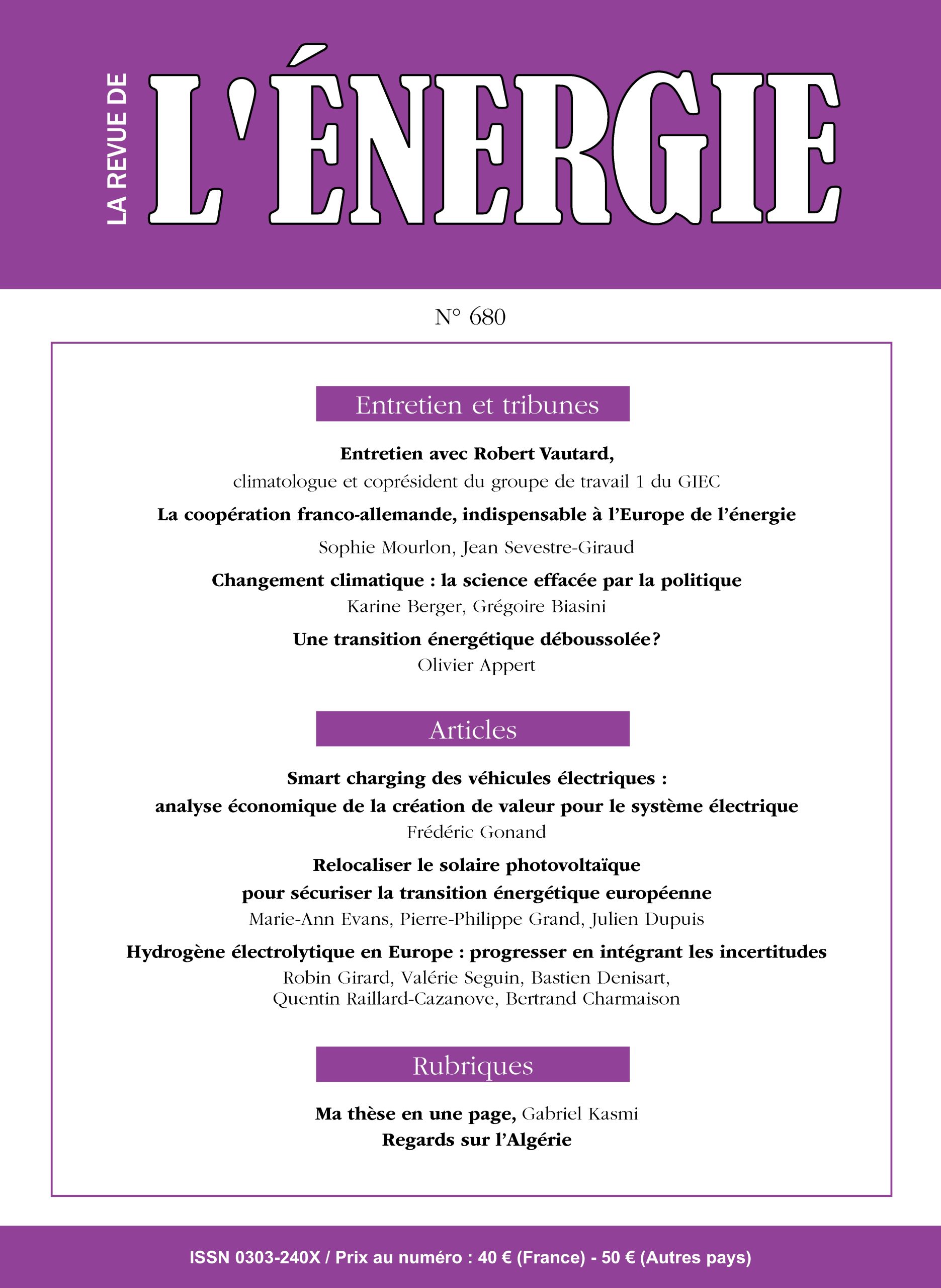Introduit en 2006 dans le cadre de la Loi POPE, le dispositif des Certificats d’économies d’énergie (CEE), par son évolution sur les différentes périodes, son impact sur la structuration des filières et sa couverture des secteurs économiques, est devenu un pilier de l’efficacité énergétique. Parfois décriés comme « opaques » pour les non-initiés et pouvant engendrer des comportements opportunistes, les CEE se sont adaptés pour lutter contre les dérives, être plus transparents et mieux reconnus. Cette monographie est l’occasion de retracer le parcours d’un instrument essentiel de la politique nationale pour la maîtrise de l’énergie.
Energy Efficiency Certificates: A study of a national scheme after 12 years in operation
Introduced in 2006 under France’s POPE Law on energy policy, the system of Energy Efficiency Certificates (EEC) has become a pillar of the country’s approach to energy efficiency thanks to its evolution over time, its impact on the structure of the energy industry, and its coverage of different economic sectors. At times criticised for being incomprehensible to the uninitiated or for promoting opportunistic behaviour, awareness of the EECs has increased and they have been adapted to avoid misuse and to enhance transparency. This study provides an opportunity to examine the history and current status of this fundamental instrument of national energy policy.

